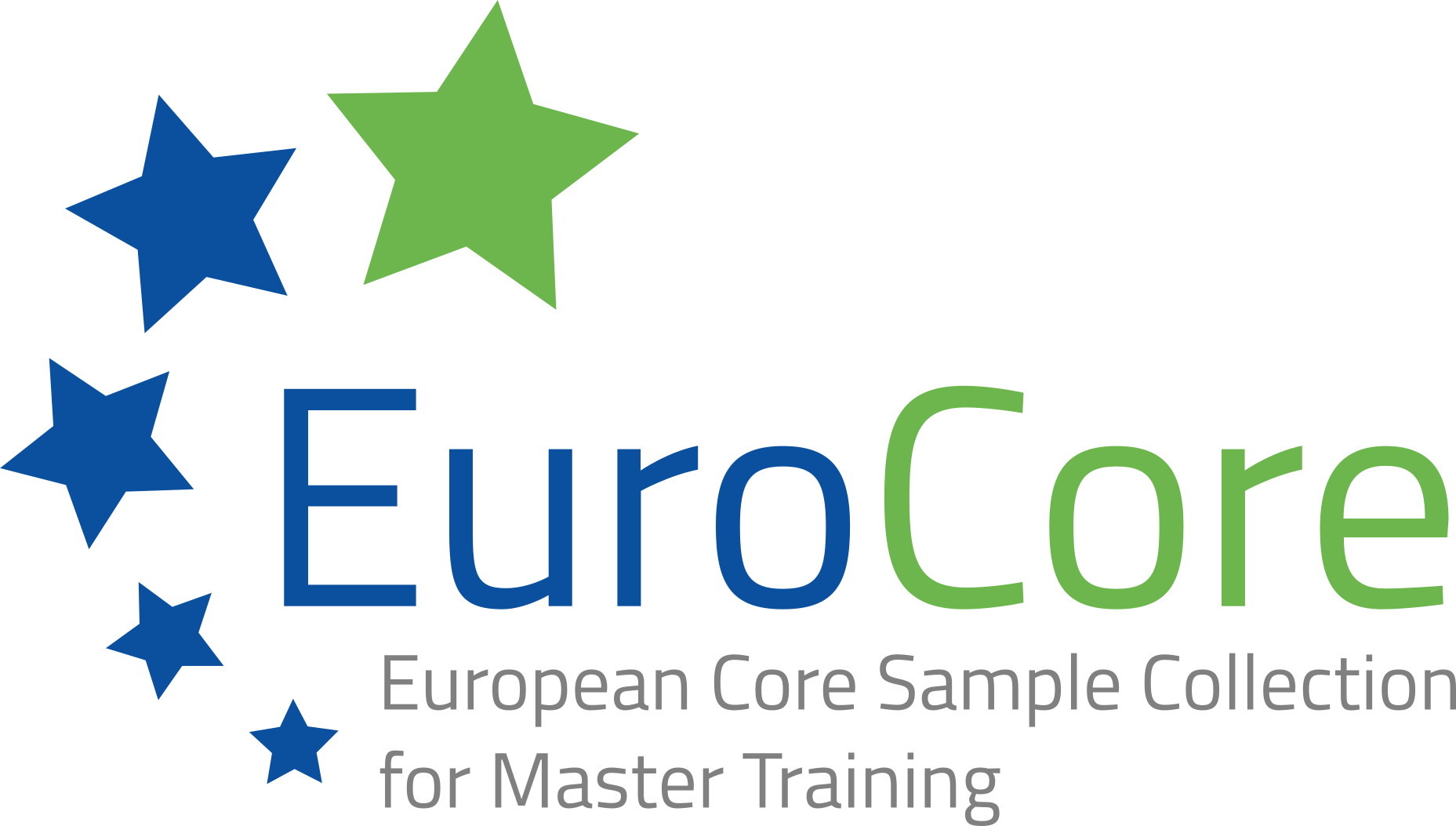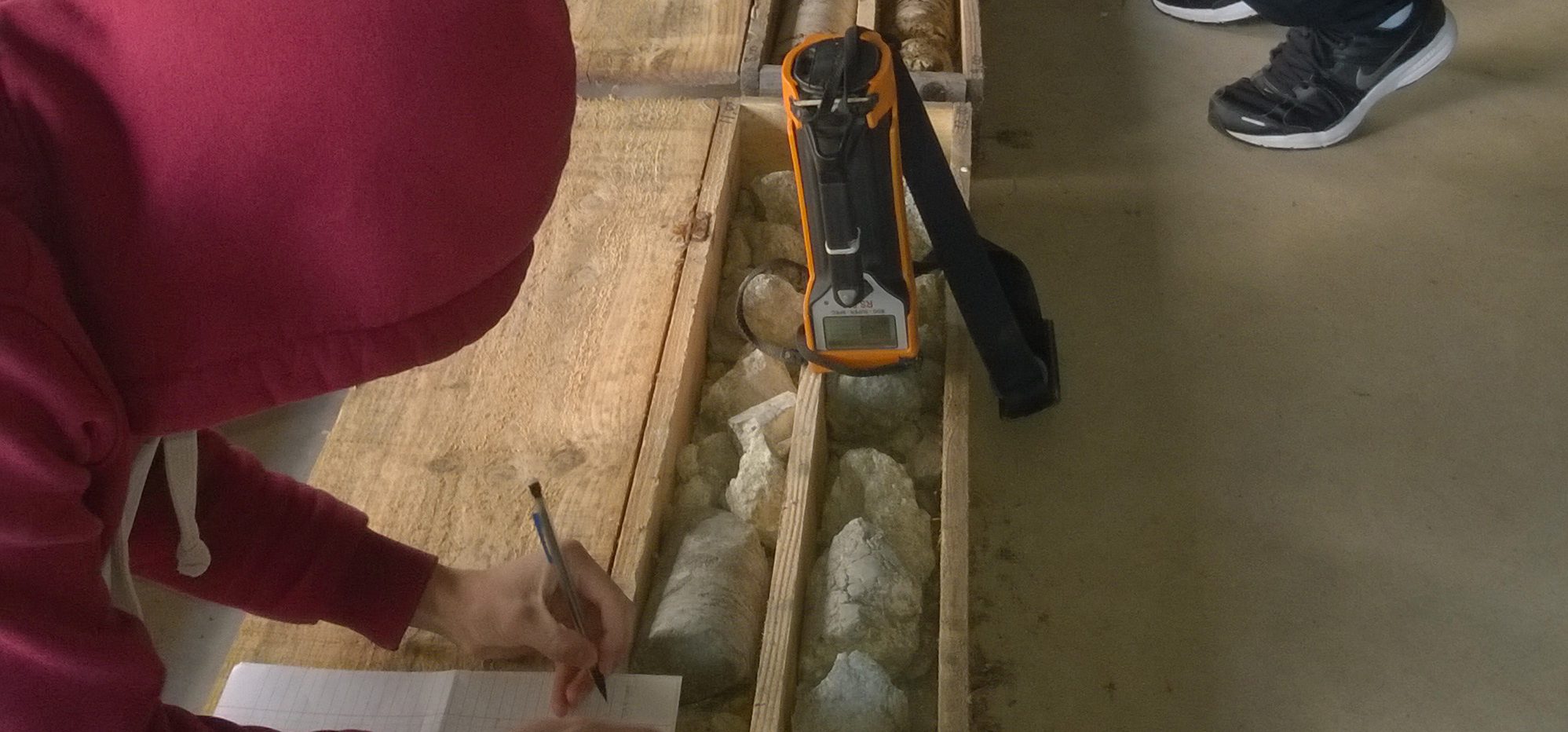Mineral resources potential is large in Europe as shown by current mining activities, exploration projects and European granted research projects. Nevertheless, low state-level investments to mineral resource prospecting during the last decades have caused general lag behind on implementing novel drill core analytical techniques for ore prospecting, as well as insufficient support for developing professional skills in this particular field.
Exploring metals using portable devices dedicated to advanced in situ investigations is part of the future of mineral exploration. These tools give access to elemental content (e.g., X-Ray Fluorescence XRF, Laser-Induced Breakdown Spectroscopy LIBS, Gamma-Ray Spectroscopy GRS) and mineralogical characterization (e.g., X-Ray Diffraction XRD, Fourier Transform InfraRed spectroscopy FTIR, Raman spectroscopy).
Transferring analytical expertise to the field will thus boost mineral exploration with
- fewer analytical costs,
- a drilling decision support enabled by fast acquired geochemical information
- and shorter exploration time.
However, when applied directly in the field, they rely on the users’ skills, which requires training on well characterized samples that will highlight tricks and traps.
Besides, structural characterization of drill cores is determinant when it comes to understand the structural control on mineralization in an ore targetting scope. Undirect, automatized structural measurement on drill cores is challenging and can be addressed by innovative X-Ray scanning of cores or spotting and measurement from high-resolution photographs of cores. However, development of such methods is still in progress and a robust comparison between them and manual measurement is required to better quantify the gain in terms of measurement time and accuracy.
The EuroCore training thus focuses on expertise and skill transfer to field geologists regarding spectroscopic devices handling and large geochemical and structural dataset management.

